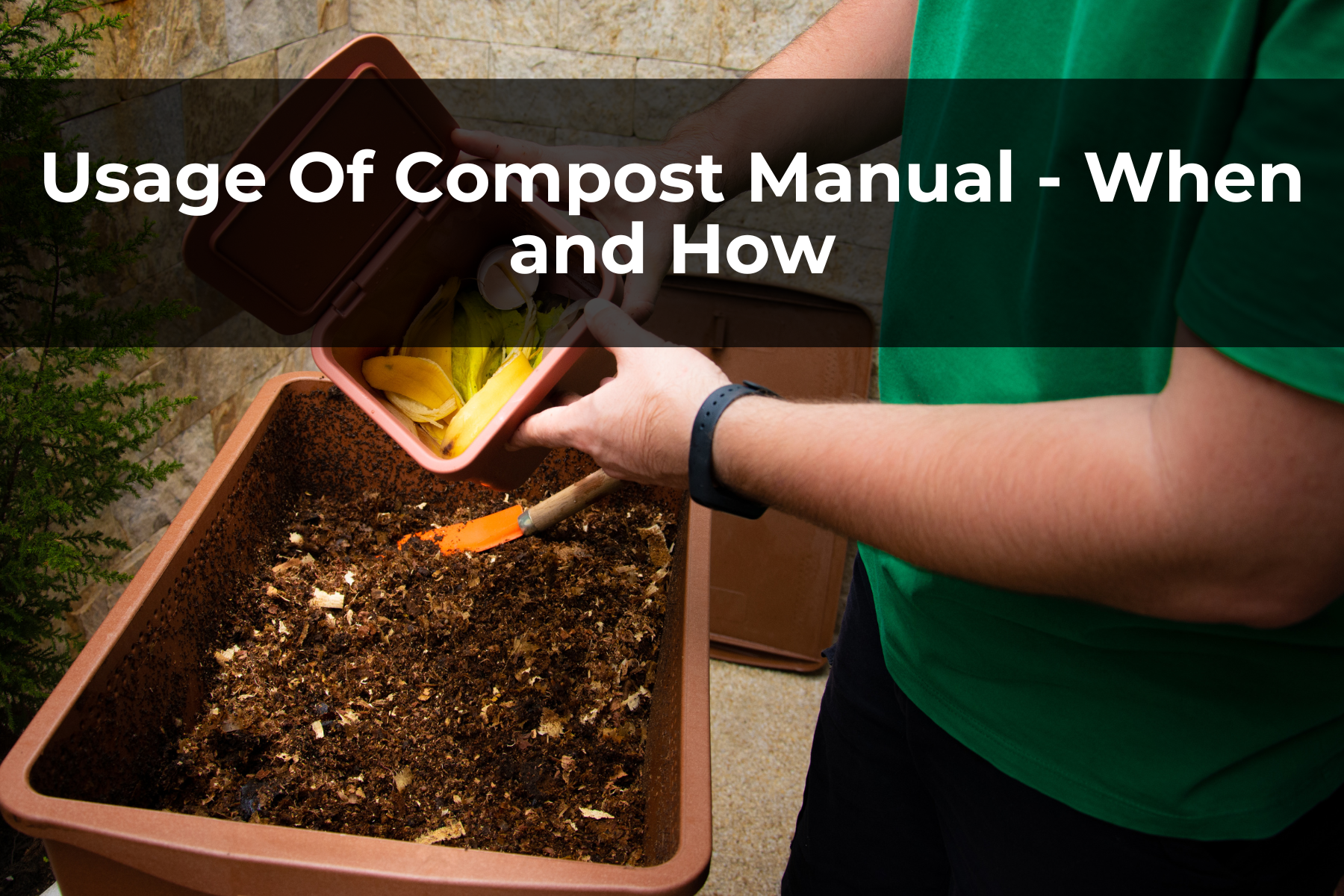Last Updated on April 16, 2024 by Real Men Sow
Although any time is a good place to use compost, it’s best to add compost to your garden beds before the start of the growing season. To improve the soil, billions upon billions of beneficial organisms found in compost require time to colonize, reproduce and fully inhabit it. Although a little bit of compost can make a big difference in soil quality, it will take time. Your garden plants will benefit more if you give them time.
Although the compost’s ingredients are amazing, it works best when mixed with the existing soil. Remember that the ideal soil should contain sand, clay, clay, air, and water. This is the lowest percentage. Compost is organic matter. The compost that is provided for plants does not suffice. In order to provide the best possible growing conditions for the soil, too much compost can be harmful, wasteful, and unneeded.
Sifting or Screening Compost
You will be eager to add your compost to your garden once it reaches its final state. Although finished compost may look uniform, you’ll likely have more woody material or other materials than the rest. It’s possible to ignore that the pieces are not all equal in size and continue using the item as-is. You can also pick the pieces that take longer to biodegrade and throw them in the trash.
If you want your compost to look uniform and soil-like, you can build a compost screener to screen it before you add it to your garden. This is a simple project that anyone can complete in a matter of minutes using minimal tools.
Two Bins are Better Than One
You should now be familiar with the process of turning raw material into finished compost. If you have only one bin composting system you are continuing to feed, you will soon be asking yourself when it will ever be ready.
You are doing everything right, the inputs have been broken down, you are seeing results and you can’t wait for this black gold to be added to your garden. But there’s one problem. If you continue to add new inputs, how do you get compost to stop degrading all of its inputs and make it finished? You can’t.
You will never get 100% compost if you keep adding new material to your old. Your pile or bin must be allowed to decompose without adding more material. Only then can you harvest the finished compost. It’s best that you have a second pile, bin, or collection site. When you reach a critical mass, stop adding more ingredients and let the compost finish what it is. But don’t stop composting.
You can continue to have compost at different stages if you have a second place where you can deposit your compostable materials. You can increase your chances of having compost ready to go or very close to it by having two sources.
How to Use When You Only Have a Little
Start by adding compost to the area where roots meet amended soil to ensure you get the best use of your limited compost supply.
Add about 12 inch of compost to the area where you plan on adding plants or seeds, and then work it into soil approximately 4 inches deep. You can increase the amount of compost you use, and the distance from which your plants will grow, if you have more compost. All soils can benefit from compost. When the supply is scarce, your immediate goal is to get compost where your plants can access it.
Compost Tea
It is a non-heated brew of compost, manure or manure with sugar added. This bacteria-rich tea is then applied to soil and plant leaves for disease suppression, and quick-feed nutrient booster. While compost tea may sound like the perfect way to get the best soil amendment in liquid form, there are many issues with it.
Advantages Of Compost Teas
- Cheap – You can apply compost tea to your plants to reduce the use of pesticides and fertilizers, which ultimately lowers the cost of keeping them healthy.
- Aids in Producing a Healthier Plant – Compost tea can be applied to suppress foliar diseases and speed up the breakdown of toxic substances. The benefits of compost tea include a higher level of nutrients for the plant, as well as microorganisms that make it healthier.
- Organic – Compost tea is organic because it contains natural components. This gives you an advantage in the world of plant health/organic.
- Easy to Make – Anyone with good organization skills can make it.
Disadvantages Of Compost Teas
- Inconsistent Products – There are many variables involved in making compost tea. These include water, compost, food materials and processing times. Good record keeping is also important. Brewers must be precise in the way they build and produce their recipes to ensure consistency. Each batch is different, even if brewers follow a consistent production process.
- Inconsistent Results – Even though they may be the same type of plant, not all plants are the same. The benefits of compost tea may differ from one plant to another.
- Lack of Scientific Proof – Most compost tea recipes are based on “he said, she did” gardener testimonials, rather than scientific proof. Therefore, these recipes can produce unreliable results.
- Time Consuming – Compost tea production can be time-consuming due to the “brewing” process.
How to Store Finished Compost
After the initial activity has subsided and internal temperatures have dropped, it is best to keep the compost dry and in small piles to allow for aerobic respiration.


